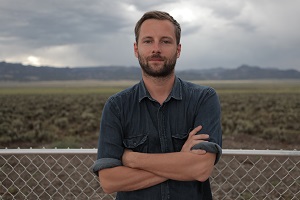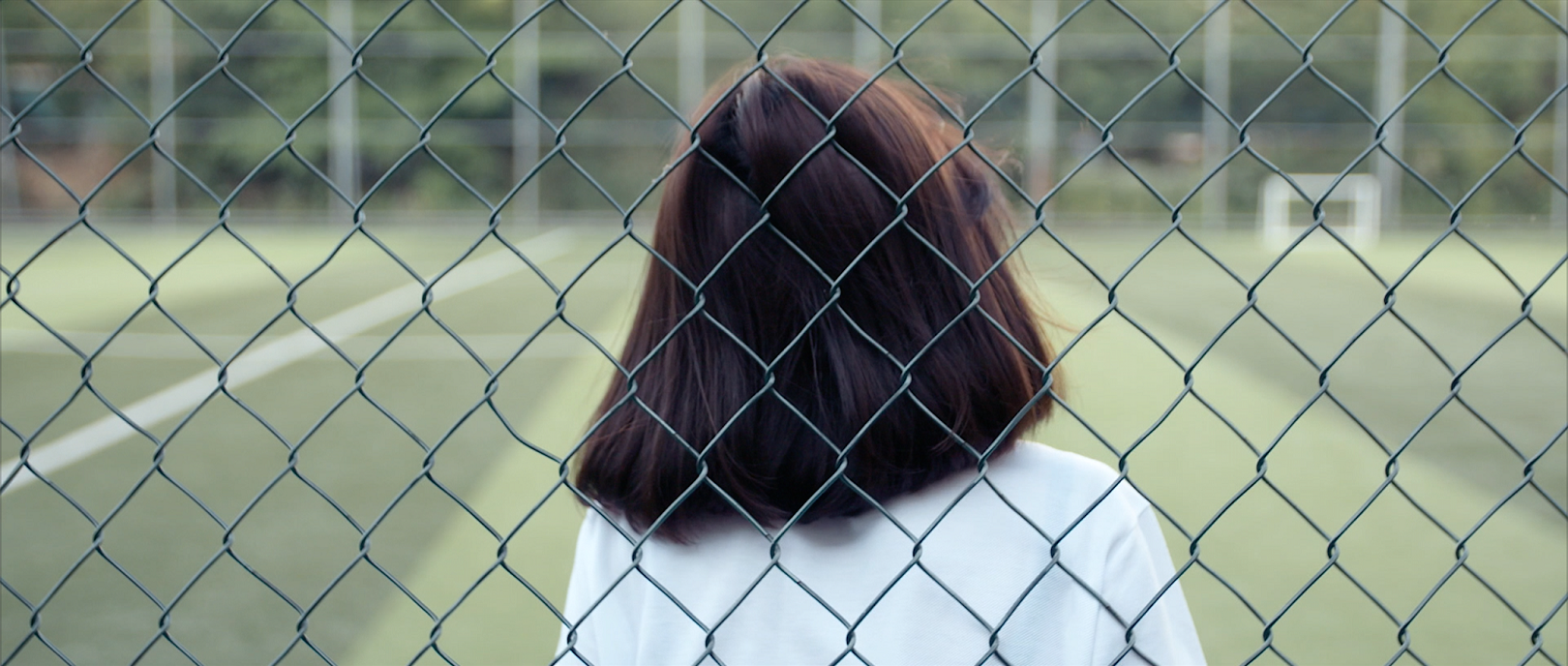Projects
HANA KOREA
Frederik SØLBERG
- South Korea, Denmark
- 90min
- DCP, mov
- color
Personal&POV Social&Human Interest Sports War&Conflict Hybrid documentary
Synopsis
”HANA KOREA” is a hybrid documentary about running the highest risk and making the biggest sacrifice in the pursuit of happiness.Review
In 2010 I visited South Korea for the first time.
In the first restaurant I walked into, I met two men who had taken part in Memorial Day. They told me about the separation of Korea and what it meant to them. Talking about it clearly touched them.
I have always been fascinated by Korea and finally being there and listening to their stories inspired me to dig further into the culture and history of Korea.
This led me to this project.
In 2015 I visited Korea again to do a radio documentary about the Hanawon Center and North Korean refugees in South Korea. Everyone I met was very welcoming and interested in my project. They were curious about why a stranger like me would come all the way from Denmark to tell this story. It gave me the impression that some parts of the complex story of the North Korean refugees remain untold. That there might be a need for a fresh and foreign perspective.
The general focus of the media regarding the separation of Korea is on the political issues between the two countries - or about Trump vs. Kim Jong-Un. Most documentary films being made are looking at North Korea. Maybe it is time to turn the camera and look at the country into which the North Koreans arrive?
South Korea is a country full of paradoxes. A hyper-modern capitalist and democratic society struggling with typical modern issues like high suicide rates, stress, low fertility, and online sexual violations. At the same time, it is a country deeply rooted in its traditions and culture.
How does a North Korean experience that?
Are they able to navigate this complex society?
Can they let go of the past?
Will they ever be happy in their new home country?
With “HANA KOREA” I’m trying to and unfold the paradoxes of South Korea seen through the eyes of a North Korean. It is my intention to give a rare insight into the destiny of Hyojin in her new home country – seen from the view of an outsider.
Director
-

Frederik SØLBERG
Credit
- Producer사라 스톡만 Sara STOCKMANN
오희정 OH Heejung
